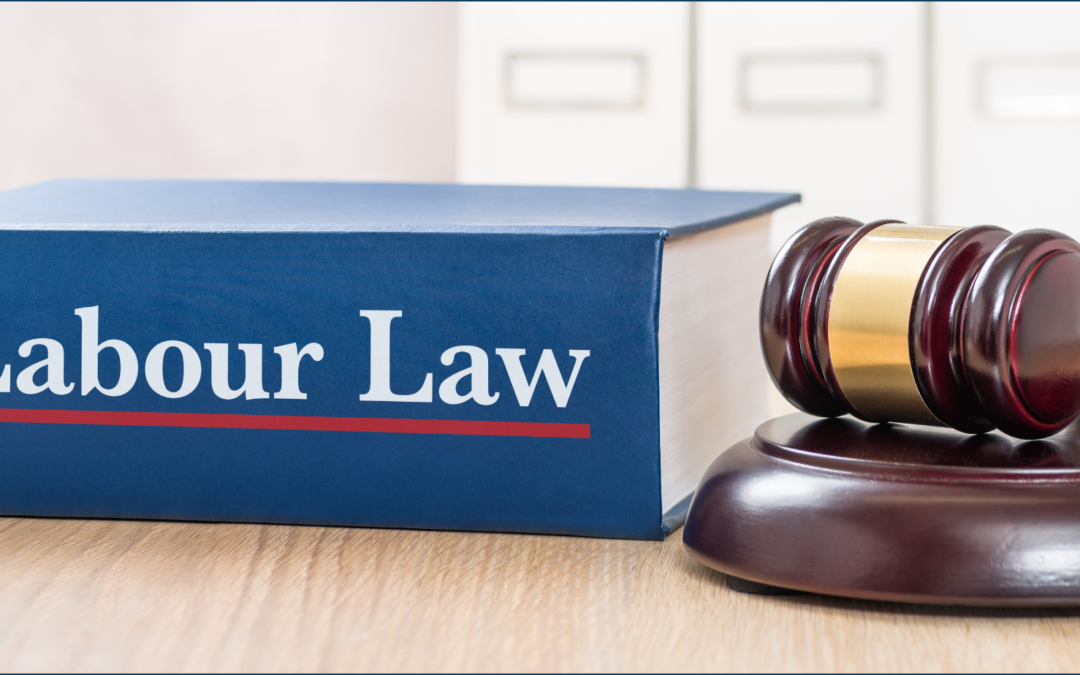In the case of INDEPENDENT RISK DISTRIBUTORS SA (PTY) LTD V CCMA AND OTHERS (JR 1906/19) [2022] ZALCJHB 282 The employee was charged with misconduct, for gross insubordination.
The employer took issue with the employee for challenging and/or undermining the authority of the company’s CEO during a staff meeting which was held on 05 December 2018, by questioning and/or challenging an instruction issued by the CEO whilst in the presence of his colleagues.
The purpose of the meeting was for the CEO to address the Sales Representatives’ underperformance.
During this meeting, the CEO issued an instruction to all the Sales Representatives, including the employee, to go home and reflect on their performance. According to the employer, the employee proceeded to challenge and/or undermine the authority of the CEO during the meeting by questioning and/or challenging the instruction in a rude and disrespectful manner in the presence of his co-workers.
In response to the conduct, a disciplinary hearing was held on 23 January 2019, and he was found guilty of the allegations and dismissed on 31 January 2019.
The employee escalated the matter to arbitration. In his evidence, the employee denied disrespecting the CEO or being insubordinate and testified that all he asked was why he was part of the non-performers. He did not refuse to carry out an instruction from the CEO, but merely sought clarity.
After analysing the evidence and argument, the Arbitrator found that the employee’s dismissal was substantively unfair and ruled that the employer should reinstate him to his position on the same terms and conditions obtained prior to his dismissal and that he must report for duty on 20 August 2019.
The employer took this award on review to the Labour Court (LC). The Court found that the sanction of dismissal is reserved for instances of gross insolence and gross insubordination or the wilful flouting of the instructions of the employer.” This means the insubordination must be serious, persistent, and deliberate.
The LC agreed with the Commissioner’s conclusions that the insubordination in question was not gross insubordination and did not warrant dismissal. It found that the employee’s questions at the meeting were aimed at seeking clarification regarding why he was also being sent home, despite not having poorly performed, and once that clarification was given, he complied with the instruction to go home.
What was more, it is accepted that employees do not lose their Constitutional Rights as guaranteed in the Bill of Rights, such as freedom of expression guaranteed in section 16(1) of the Constitution of the Republic of South Africa, 1996, merely by reason of being in the workplace.
Having considered the submissions, and the law, the LC found that the dismissal of the employee by the employer was substantively unfair and the Commissioner’s ruling was upheld.



